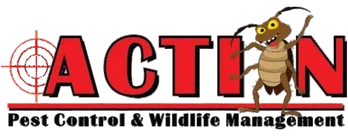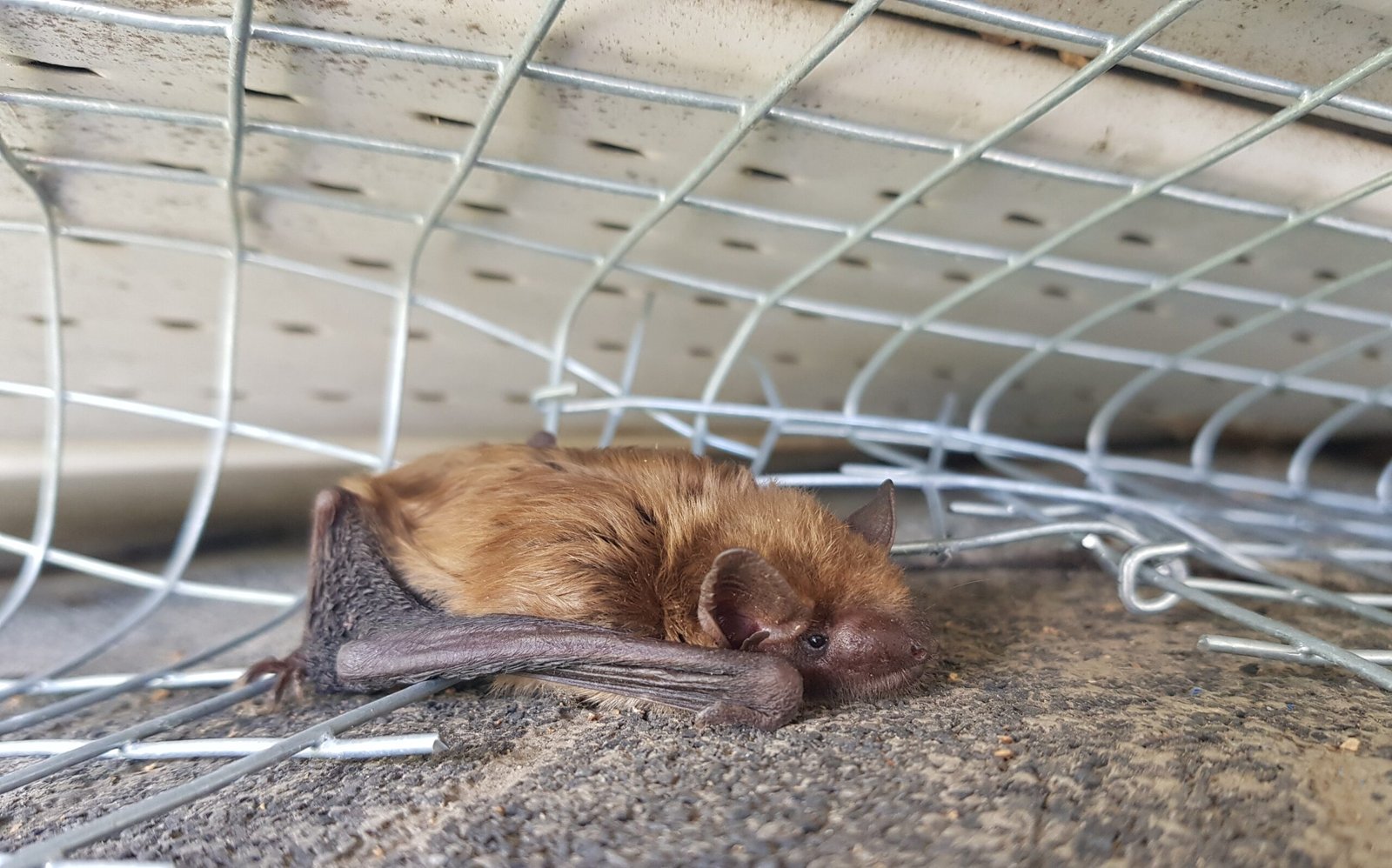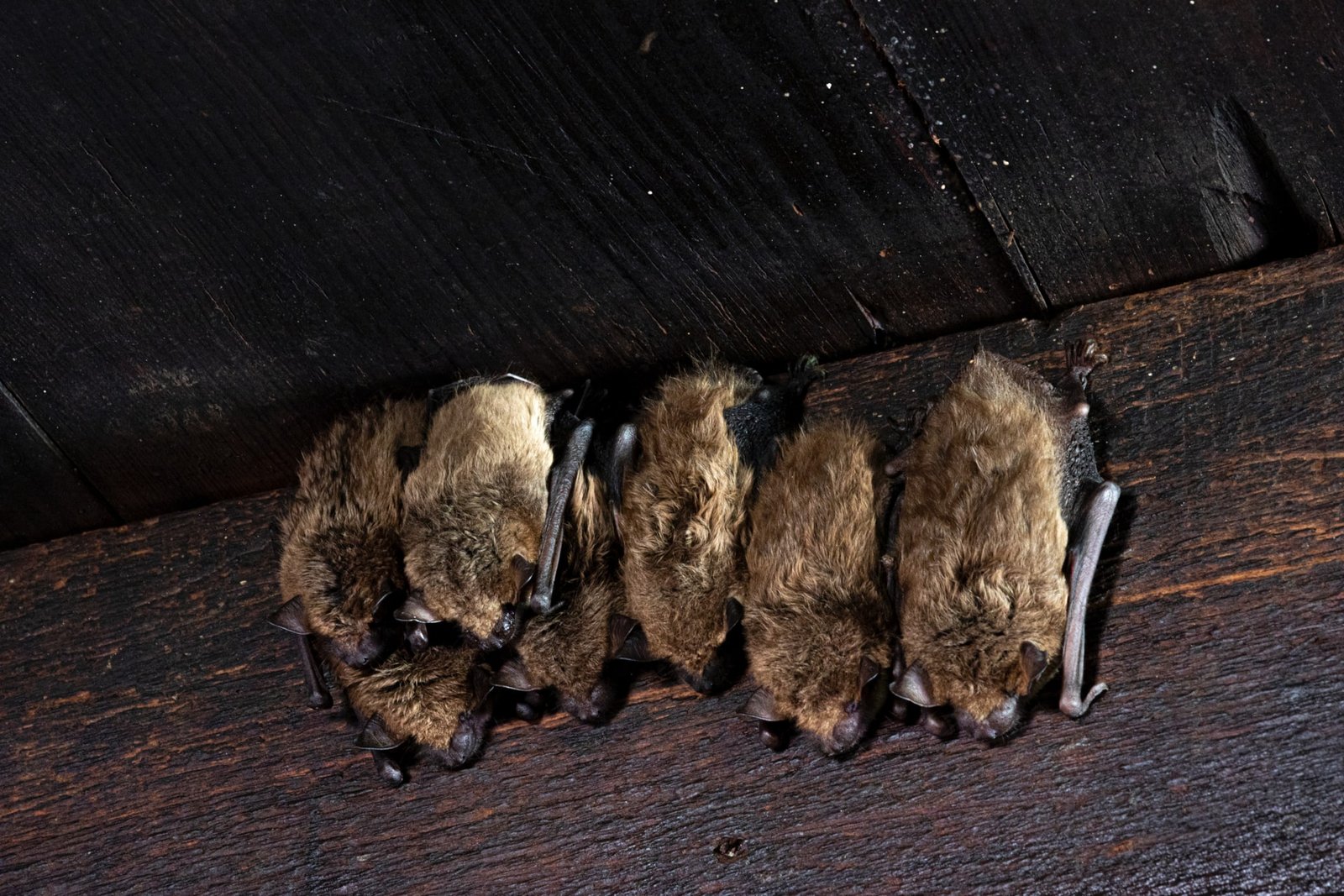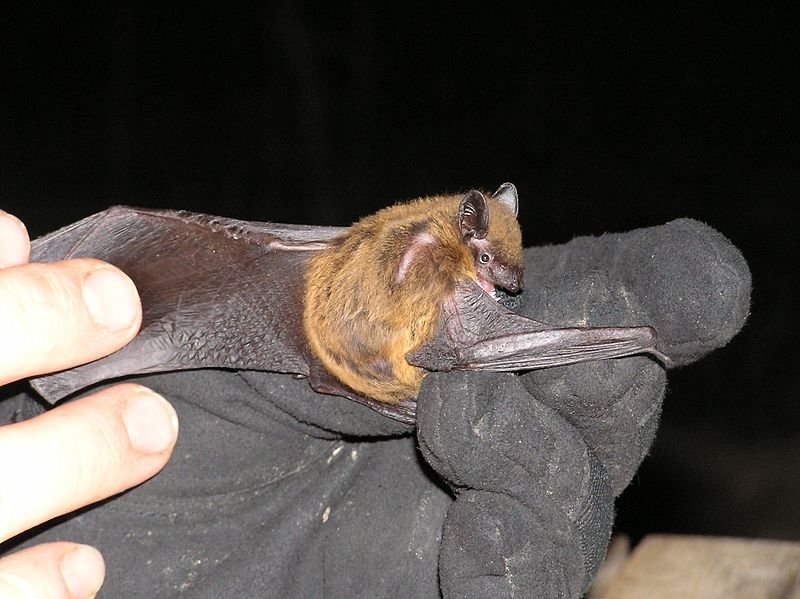As a professional in the pest control industry, understanding the most effective methods for managing cockroach infestations is crucial. Cockroaches are not only a nuisance; they can pose health risks by spreading bacteria and allergens. When it comes to controlling these resilient pests, the choice of chemical plays a significant role in achieving effective results.
Understanding Cockroach Behavior.
Before we delve into the specifics of chemical control, it’s essential to recognize the behavior and biology of cockroaches. These pests are notorious for their adaptability and rapid reproduction rates, making them challenging to eliminate. They tend to thrive in warm, moist environments and are often found in kitchens, bathrooms, and basements. Therefore, a comprehensive approach to cockroach control includes not only chemical treatments but also sanitation and exclusion methods.
Types of Chemicals Used for Cockroach Control.
Insect Growth Regulators (IGRs)
IGRs are a game-changer in cockroach control. These chemicals disrupt the normal growth and reproductive processes of cockroaches, preventing them from maturing into adults or reproducing. Products containing methoprene or hydroprene are common IGRs that effectively lower cockroach populations over time without an immediate kill.
Boric Acid
Boric acid is a tried-and-true method for cockroach control. It works by damaging the cockroach’s exoskeleton and disrupting its digestive system. When applied in hard-to-reach areas, boric acid can effectively reduce cockroach populations over time. Its low toxicity to humans and pets makes it a preferred choice for many pest control professionals.
Gel Baits
Gel baits are highly attractive to cockroaches and contain active ingredients such as fipronil or imidacloprid. These substances are slow-acting, allowing the cockroaches to return to their nests and share the bait with others, leading to a more comprehensive eradication of the population. This method is particularly effective in residential settings where cockroaches are commonly encountered.
Residual Sprays
Residual insecticides, such as pyrethroids, can provide immediate knockdown of cockroaches. These chemicals remain active on surfaces for an extended period, creating a protective barrier. However, it’s important to use them judiciously, as overuse can lead to resistance. Professional pest control services often employ these sprays in combination with other methods for a more holistic approach.
Integrated Pest Management (IPM)
At Action Pest Control, we advocate for an Integrated Pest Management (IPM) strategy that combines chemical and non-chemical methods for effective cockroach control. This approach includes:
- Sanitation – Eliminating food and water sources that attract cockroaches.
- Exclusion – Sealing entry points to prevent cockroach access.
- Monitoring – Regular inspections to identify and address potential infestations early.
Professional Cockroach Control in Chicago, IL.
When dealing with a cockroach infestation, DIY methods may provide temporary relief but are often insufficient for long-term control. The effectiveness of a chemical depends on the specific situation and the level of infestation. For optimal results, it’s essential to consult with a qualified pest control expert who can recommend the best course of action tailored to your needs.
At Action Pest Control, we are equipped with the knowledge and tools to effectively assess the situation and implement a tailored pest control plan. We use a combination of the most effective chemicals and environmentally responsible practices to ensure your home or business is pest-free.
Ready to get started with your pest control and extermination project? Call us at <a href=”tel:7085432847”>(708) 543-2847</a> or fill out our online form to schedule your consultation.





